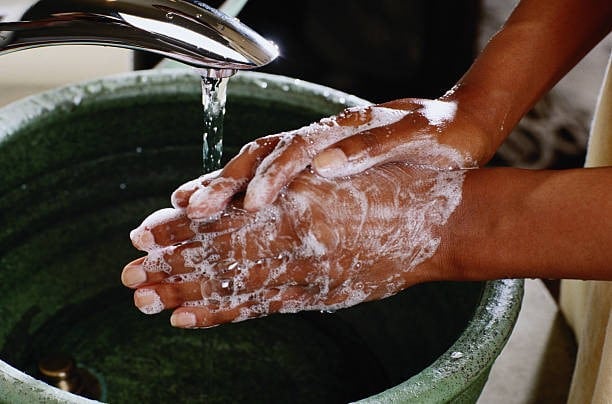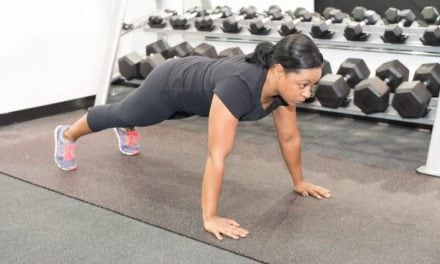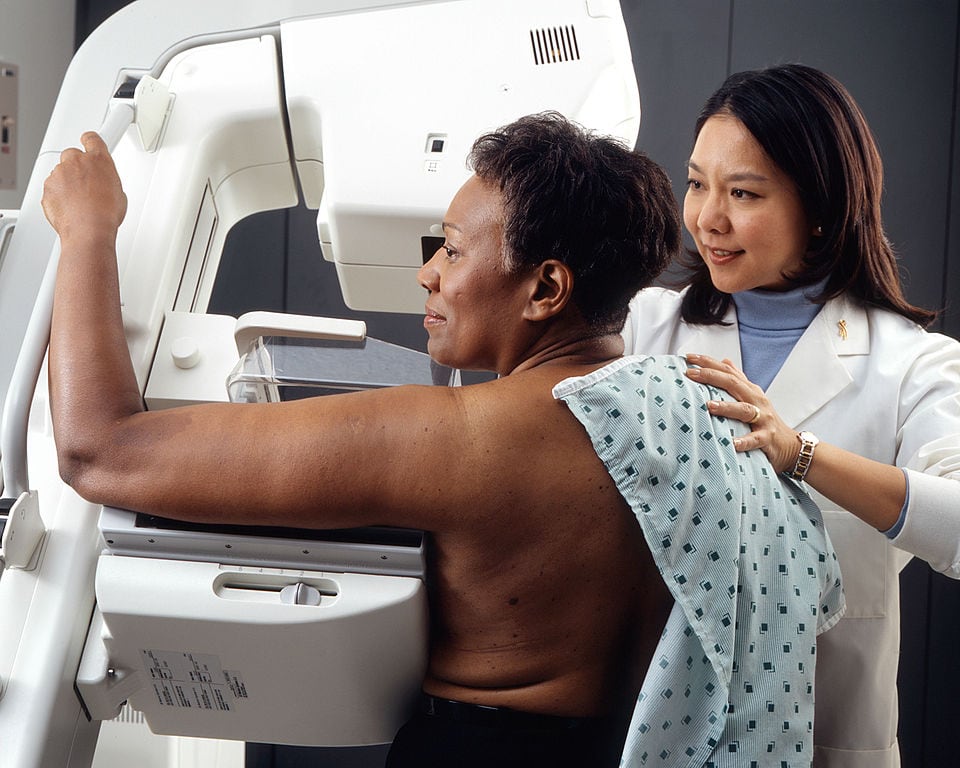As the coronavirus epidemic spreads across the United States, experts say preparation over panic is the most effective and helpful response. “We need to continue to work together,” says Nancy Messonnier, MD, director of the National Center for Immunization and Respiratory Diseases.
Here’s the most recent advice (March 20, 2020) on staying healthy, protecting loved ones, and preparing to deal with quarantines or a case of the disease, from the Centers for Disease Control and Prevention (CDC) and other experts.
Prevention
The coronavirus spreads in ways that are similar to colds and flu. To date, there is no vaccine (development is underway, but it will take months just to test). It is most likely transmitted from person to person, within about a six-foot range, according to the CDC. People can spread the virus even if they do not have symptoms. The best steps for prevention are:
▪ Wash your hands. This is simple, but it must be done correctly. The CDC advises wetting hands in hot, warm or even cold running water, using soap on the front and back of your hands, between your fingers, and wrists. Wash for 20 seconds (hum happy birthday twice, slowly. The choruses of Lizzo’s ‘Truth Hurts’ or Beyoncé’s ‘Love on Top’ will also work). Rinse hands clean and dry.
Hand sanitizers that are 60 percent alcohol or more are the second best choice if soap and water are not available (Purell and Purell Advanced have 63 to 70% alcohol).
▪ Keep your hands out of your face. The fastest way to transfer germs and viruses to the sensitive mucous membranes of the mouth, eyes, and nose is to touch your face. Research suggests we rub our eyes or scratch our noses about 3.6 times an hour, children likely more often, so this step requires some concentration.
▪ Spend less time in crowds. Practice social distancing as much as you can. The CDC offers specific guidance for home, school, faith-based organizations and other environments, but basically you want to avoid crowds and stay at least six feet away from others in public, if possible. Working from home, ditching your yoga class for an at home workout, shopping once a week instead of daily are all examples as well.
As the coronavirus epidemic advances, the CDC or local governments will likely issue more advice on avoiding public spaces, but you can begin protecting yourself by thinking about how you spend your time now. Flu viruses (which are like the coronavirus) can be transmitted through coughing and sneezing, but also through breathing, according to recent research from the University of Maryland. “Think twice before you expose yourself to someone who has the disease,” says Dr. Messonnier.
Going to work and school may be unavoidable, but this is not the best time for cruises, air travel, crowded public events, or other activities that place you in close proximity to people. Watch this page for updated CDC travel advisories.
▪ Keep your surfaces virus free at home and at work. Recent research released by the National Institutes of Health (NIH) shows that the coronavirus lives for up to three days on glass, plastic, and similar surfaces, but studies show that other coronaviruses can live on surfaces such as glass, metal, or plastic up to nine days. The solution is easy though. Researchers report the virus can be “efficiently inactivated” by disinfecting the surface with ethanol alcohol (at least 62 to 71%) or hydrogen peroxide (0.5%). Both solutions are inexpensive and should be in your drug or grocery store.
Certain products in the Lysol and Clorox line have also been recently tested by the Center for Biocide Chemistries (CBC) for effectiveness against coronaviruses. Here’s the CBC’s complete list of 100 products that you can use to keep your home and family a little bit safer. Focus on surfaces that have contact with hands or objects from outside your home or workspace.
▪ Take care of yourself: Researchers are still learning about how the virus becomes severe, but the differences between mild and severe cases “may have something to do with the interaction between the virus and an individual’s immune system, which can be influenced by age, gender, genetics, self care, and existing medical conditions. The virus puts an enormous strain on the immune system by attacking and killing cells in the body, causing secondary infections and inhibiting your airways and lungs,” says Shelly McDonald-Pinkett, MD, chief medical officer at Howard University Hospital.
People with weakened immune systems (those with a chronic illness or the elderly,) are at the highest risk for more severe reactions to the coronavirus.
▪ Keep your immune system healthy.
– If you live with diabetes, heart disease, or other conditions, keep up with medications and treatment.
– Get your full seven hours of sleep each night.
– Try to get at least 30 minutes of moderate exercise (a brisk walk) a day.
– Eat a variety of fresh fruits vegetables each day, limit fat and sugar consumption.
– Limit alcohol consumption
– Don’t smoke
– Relax. Meditate, do yoga, deep breathing – whatever works for you. Stress reduces your immune response.
▪ Do masks help? Masks, especially the N-95 masks approved by the National Institute for Occupational Safety (NIOSH), offer some protection against contracting the virus. There’s a national shortage of the masks, however, leading federal and state authorities to try to preserve supplies for health care workers. Other types of masks likely offer some protection, just not the same level as the N-95.
If you can secure a mask, be sure you do not touch your face more to adjust it and only use it once. There’s still some debate, but many experts agree they do help. Beware of fakes that give you a false sense of security as well. An authentic N-95 mask will have specific markings. Also be sure to wear one to protect others if you are sick.
PREPARE
▪ Symptoms – are you infected? “The novel coronavirus may cause fever, dry cough, fatigue, shortness of breath, and mild-to-moderate upper-respiratory tract illnesses, intense chest pain or pressure, and in some cases diarrhea. To date, we have learned that COVID19 can [also] cause more severe symptoms,” says Dr. McDonald-Pinkett.
▪ When to call the doctor. If you develop a fever, cough, or upper respiratory symptoms, the CDC recommends you call a health care provider and get tested if you have any reason to believe you have been exposed to the virus. Symptoms can appear anywhere from two to 14 days after exposure. If you have a chronic health problem or your flu or cold seems severe call your physician. Nearly 14 percent of black women are uninsured and we are more likely than other women to be caregivers, but this is no time to power through a cold. Stay home and rest and call your doctor.
▪ Protect family and caregivers. Recovering from the coronavirus at home means staying inside for 14 days and taking precautions to avoid transmission to family members and pets during that time. The CDC provides full instructions here on how to deal with the virus at home.
▪ Get ready to stay home. We are all being asked to stay home as much as possible, you can find expert CDC advice here on making a plan.
▪ Stock up. Food shortages are not predicted, but filling up your pantry with staples (non-perishable foods) and water will make it easier for you to avoid crowded grocery stores. Delivery dropped at your doorstep is also a great option for avoiding crowds.
▪ Fill your prescriptions. Make sure you have extra medication on hand (three months is best), even if you have to talk to your insurance provider about filling ahead of time. The coronavirus causes a fever, so have fever reducers such as Tylenol in the house. Right now, there’s too little research to confirm an anecdotal link between Ibuprofen and other NSAIDS and the severity of coronavirus symptoms.
▪ Consider your financial scenario. If trips to the bank are not an option, consider how you will access cash, pay bills, etc. Federal assistance may be coming for many, but as of 3/20/20, the details are still being worked out.
▪ Plan for caregiving needs. If you are responsible for an elderly or sick person or children, you might want to make emergency care arrangements for people you may not be able to reach.
▪ Get comfortable. Think about enjoyable ways to pass the time. Order a few books and new toys for the kids. Check online for free workouts, since you won’t be hitting the gym. Consider those little home projects that you’ve been putting off forever.
There’s no way to avoid worry at a time like this, but a little preparation may ease at least some of the anxiety.
Sheree Crute is editor-in-chief and co-founder of Fierce.







